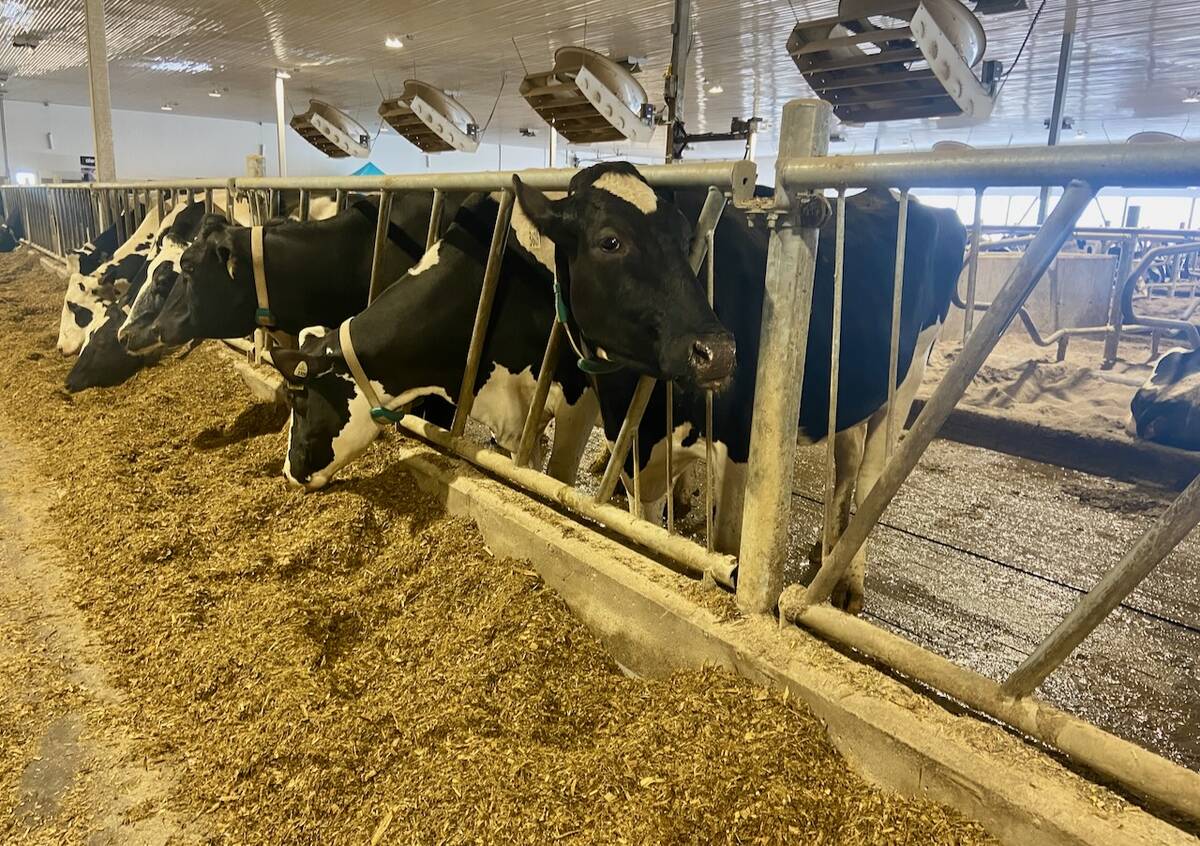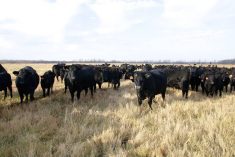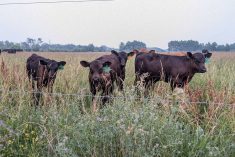PICTURE BUTTE, Alta. – For nearly a century, irrigation has made southern Alberta bloom by delivering water to thirsty crops on 1.4 million acres of land.
A review committee set up to revise the irrigation act of 1967 heard from farmers and others with a stake in irrigation projects at public meetings July 22-24.
Many irrigation districts under the act, which governs 13 irrigation districts in the area from Calgary to Cardston to Medicine Hat, want more autonomy.
“The districts are moving more toward a municipal model,” said Stan Klassen, manager of the Alberta Irrigation Projects Association, an umbrella group representing the districts.
Read Also

U.S. farm group supports supply management
U.S. grassroots farm advocacy group pushing new agriculture legislation that would move towards supply management like Canada has for dairy industry
“The act works well but the districts have changed since 1967.”
Districts want to use water for more than irrigation such as generating electricity and tourism. Different interests and uses for the water lead to competition.
In a dry year like this, reservoirs are drawn down during the summer. Boaters and others that use the water for recreation grow angry when a reservoir drops by two feet.
But some farmers are opposed to handing more power to the irrigation districts. They want better communication.
There is concern that districts sometimes start major projects without informing landowners.
Farmer Maurice Bevers, of Magrath, cited an example of a pipeline trench that was dug across someone’s land without the land-
owner’s knowledge.
“They should have a say. After all, they have to finance it for a long period of time,” he said.
As well, Bevers called for a system that would allow farmers to take complaints about the district boards to a neutral third party.
Arthur Wocknitz, of Magrath, suggested a resource board could handle problems when a farmer and board can’t agree.
Farmers at the meeting also complained about a section of the act that allows a district manager to initiate foreclosure if someone doesn’t pay their water rates.
Farmers asked for a change in wording so those who can’t afford to pay don’t have to go through foreclosure.
Representatives from some districts said they have waived payment in hardship cases like serious illness. People are usually given two years without paying and a third year for foreclosure proceedings to start.
The districts have asked that the policy not be changed, said Klassen.
More suggestions
Other suggestions for a revised act included:
- Some districts that are too large to manage at more than 300,000 acres should be split or have larger boards of farmer directors.
- Permanent water rights should be entrenched.
- Water quality standards must be reviewed.
Recommended revisions for the act are expected to be turned over to the agriculture minister for a new act in 1998.















